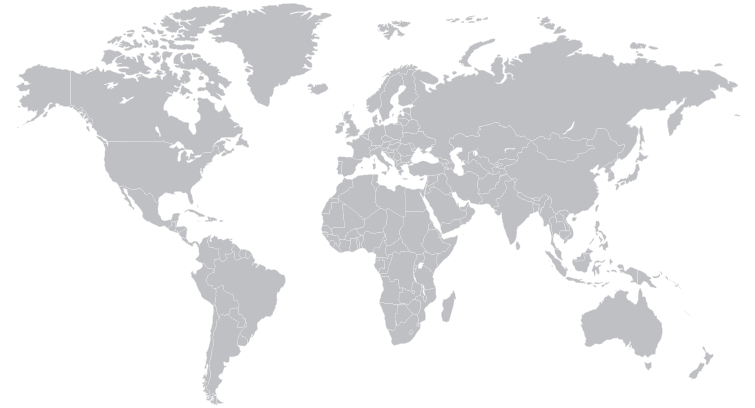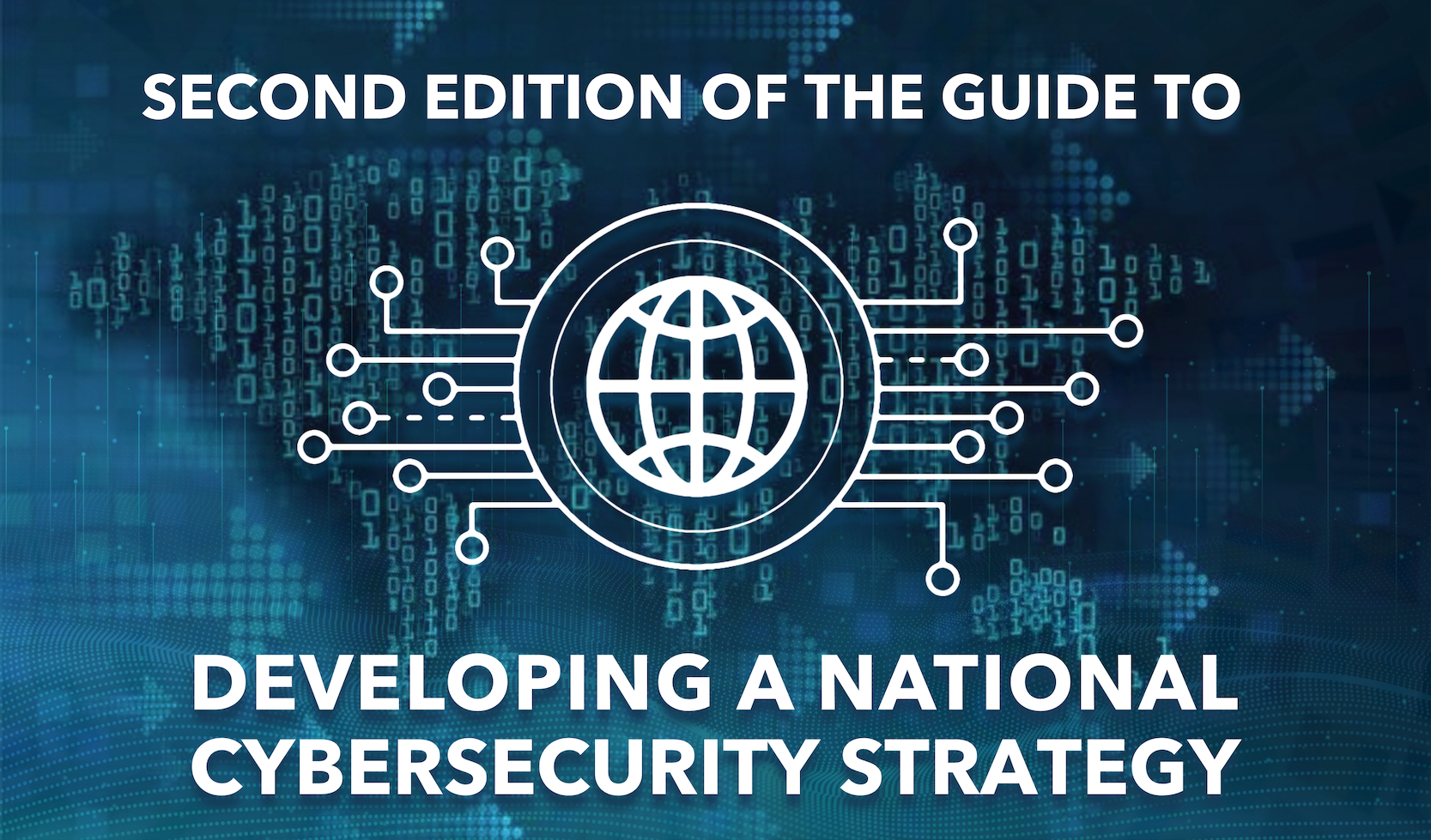Project
Global Cybersecurity Capacity Program II
About
Cybil code: G0004
Status: Finished
From: Feb 2020
To: Jun 2021
Target audience: Government, Public Sector
Partners
Themes & Topics
Region
Countries
Contact
Natalija Gelvanovska-Garcia
Summary
The Global Cybersecurity Capacity Program II, which kicked off in early 2019 , builds on its predecessor the Global Cybersecurity Capacity Program (2016-2019). Both programs have been generously financed by the Korea-World Bank Group Partnership (KWPF), that is administered by the World Bank for South Korea’s Ministry of Economy and Finance.
Both Programs belong to key initiatives that the World Bank has taken in an attempt to bridge existing gaps in cybersecurity capacities of its client countries and to increase the amount of cybersecurity financing in public investment projects. The Global Cybersecurity Capacity Program II works to strengthen cybersecurity capacities and awareness in several countries, namely Albania, Kosovo, Montenegro, and Serbia in the Western Balkan region, with more countries on the list for assistance from Eastern Europe, Central Asia and Southeast Asia. The objective is to benefit a selected sample of countries globally, especially those preparing or implementing investment projects with potential to integrate financing for cybersecurity on a country- or regional level.
Details of each specific country- or regional-level intervention under the Program could be found under separate chapters on Cybil (see Related Resources below). Overall, each of the beneficiary countries is expected to undertake a Cybersecurity Capacity Maturity Model for Nations (CMM) assessment, a flagship methodology of the Global Cyber Security Capacity Centre (GCSCC) of Oxford University. Following the CMM exercise and delivery of analytical reports, the countries benefit from capacity building of another strategic partner on the Program – the Global Cybersecurity Center for Development (GCCD) under Korea Internet & Security Agency (KISA), and tailored technical assistance support.
Aims:
To assist selected countries in strengthening their cyber environment for the future through demand-driven cybersecurity assessments, follow-on knowledge products, and customized programs of technical assistance and (or) capacity building activities.
Outcomes:
- Policy dialogues conducted on cybersecurity;
- A series of tailored knowledge products and/or cybersecurity assessments, and local dissemination events;
- Country-tailored cybersecurity technical assistances and capacity-building, in partnership with GCCD of KISA;
- Impact assessments.
The Cybil project repository is being continuously updated, and the information it contains is either publicly available, or consent for publication was given by the owner. Please contact the portal manager with any additional information or corrections. Whilst every reasonable effort is made to keep the content of this inventory accurate and up to date, no warranty or representation of any kind, express or implied, is made in relation to the accuracy, completeness or adequacy of the information contained in these pages.










